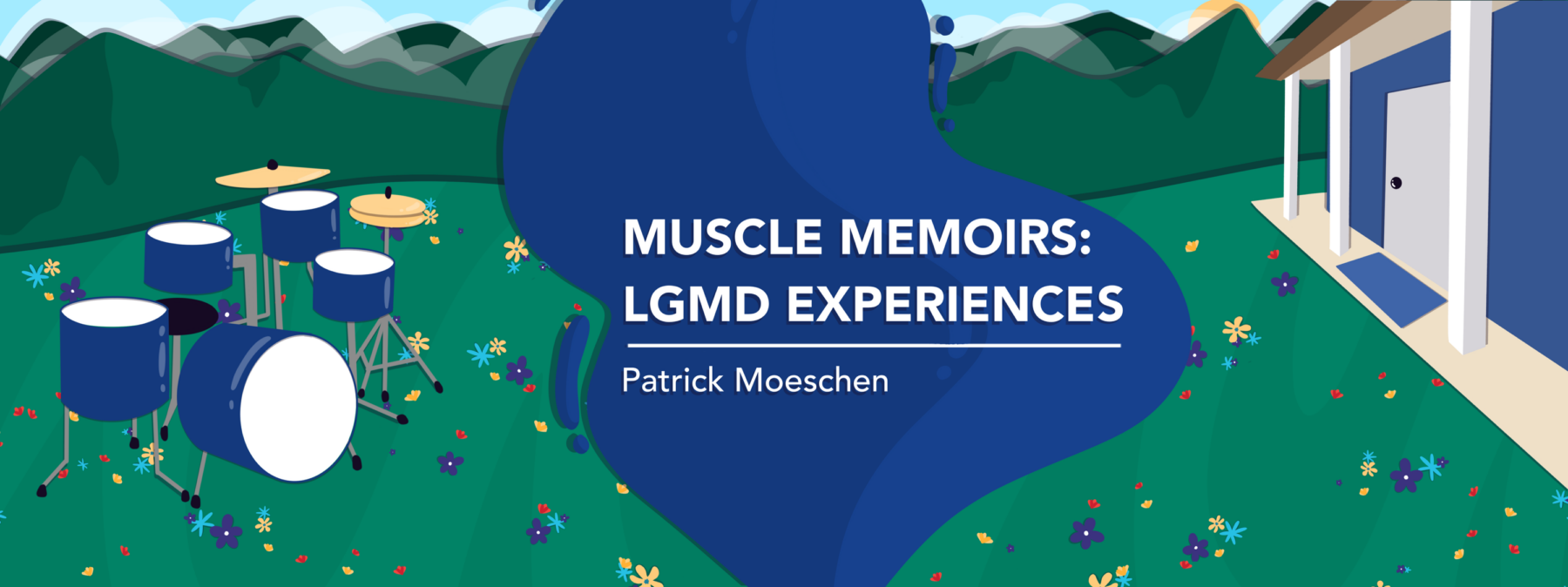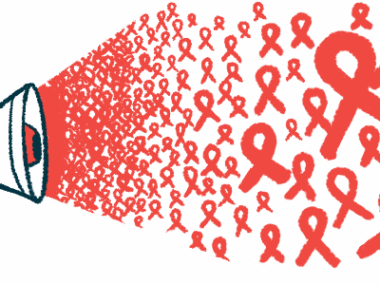We’re our own best experts, but what if we’re incapacitated?
A medical needs binder with contact information is helpful tool
Written by |

I believe that many adults living with rare diseases can and do become experts in their conditions, sometimes more so than healthcare professionals. With respect to my own journey with limb-girdle muscular dystrophy, this point became particularly clear when I had a near-death experience in early 2024.
Several types of muscular dystrophy (MD) are rare, including my own form of it. This makes it difficult for me to find healthcare professionals who are experts in the field. I’ve had to travel by air to receive care, even though I live near Boston, a hub of hospitals, research facilities, and biotechnology companies. The healthcare system near me is experienced in all types of things, including muscular dystrophy.
That being said, my condition has progressed, and many doctors in my area deal mainly with pediatric cases, as the majority of MD cases are diagnosed in early childhood. Thankfully, due to advances in heart and lung care, many people are living longer with all types of MD, but healthcare is lagging. Simply put, there aren’t enough adult care experts in the field. This increases pressure on the patient to become an expert, whether they want to or not.
Fortunately, with enough networking, and knowing where certified MD care centers are located, adult patients can piece together a working care team. I’ve done this for years, and it has worked well — until it didn’t.
Another lesson in patient advocacy
Sadly, in times of crisis, adults living with MD may find themselves experiencing cardiac or pulmonary issues where the front line of care is in an ambulance or a local emergency room. Doctors in intensive care units or emergency rooms do not have the luxury of time to catch up quickly on the unique problems that living with a rare disease presents. Things such as anesthesia concerns, intubations, and treatment of sudden cardiac failure can become life-and-death matters in an instant.
I learned this the hard way when I was suffering from pneumonia and had an adverse reaction to a medication in January 2024. I was sedated, intubated, and airlifted to a hospital. For three days, my condition was unstable and life-threatening. Unfortunately, the staff wasn’t fully informed about MD.
My respiratory system has weakened over the years, and the team wasn’t aware of my diminished breathing muscles. Three attempts were made to extubate me over a period of four days. None of them were successful, and I was given a tracheostomy and put on a ventilator.
During this time, my wife got in touch with several doctors in another state who are experts in treating adult muscular dystrophy. They had advice and spoke with my healthcare team via cellphone, which possibly saved my life, as I was unable to be my own advocate. I later learned that many experts deal with this type of scenario on a regular basis.
I’m sure that all medical professionals do their best to treat rare diseases. It bears keeping in mind, though, that patients are often more knowledgeable than some care providers during an emergency, yet a patient may be incapacitated.
My suggestion to address this is to put together a medical needs binder that lists contact information for experts in the disease field so that they may be consulted in the event that patients can’t advocate for themselves. This binder should be updated frequently, and patients’ loved ones should know how to access it before it’s needed.
Call this one more lesson learned in patient advocacy.
Note: Muscular Dystrophy News Today is strictly a news and information website about the disease. It does not provide medical advice, diagnosis, or treatment. This content is not intended to be a substitute for professional medical advice, diagnosis, or treatment. Always seek the advice of your physician or another qualified health provider with any questions you may have regarding a medical condition. Never disregard professional medical advice or delay in seeking it because of something you have read on this website. The opinions expressed in this column are not those of Muscular Dystrophy News Today or its parent company, Bionews, and are intended to spark discussion about issues pertaining to muscular dystrophy.







Natalie Sirota
Thank you so very much for sharing your experience with us, Patrick. This has been my greatest concern for years, especially for my daughter who has multiple rare diseases. I keep an updated list of issues, medications, allergies, and contacts on a list in an envelope labeled with her name and ER in bold, near the front door for any crisis. We can never be too careful or overprepared. I am so happy you survived this harrowing experience and thank you again for sharing this valuable advice!